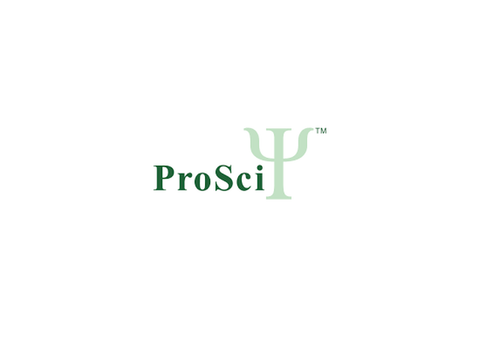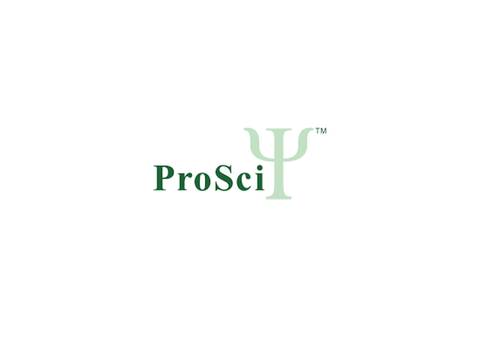Product Description
PTBP1 Antibody, KO Validated | 18-241 | ProSci
Host: Rabbit
Reactivity: Human, Mouse
Homology: N/A
Immunogen: Recombinant fusion protein containing a sequence corresponding to amino acids 1-290 of human PTBP1 (NP_114368.1) .
Research Area: Other
Tested Application: WB, IF
Application: WB: 1:500 - 1:2000
IF: 1:50 - 1:200
Specificiy: N/A
Positive Control 1: HeLa
Positive Control 2: N/A
Positive Control 3: N/A
Positive Control 4: N/A
Positive Control 5: N/A
Positive Control 6: N/A
Molecular Weight: Observed: 57kDa
Validation: Antibody is Knockout validated.
Isoform: N/A
Purification: Affinity purification
Clonality: Polyclonal
Clone: N/A
Isotype: IgG
Conjugate: Unconjugated
Physical State: Liquid
Buffer: PBS with 0.02% sodium azide, 50% glycerol, pH7.3.
Concentration: N/A
Storage Condition: Store at -20˚C. Avoid freeze / thaw cycles.
Alternate Name: PTBP1, HNRNP-I, HNRNPI, HNRPI, MGC10830, MGC8461, PTB, PTB-1, PTB-T, PTB2, PTB3, PTB4, pPTB
User Note: Optimal dilutions for each application to be determined by the researcher.
BACKGROUND: This gene belongs to the subfamily of ubiquitously expressed heterogeneous nuclear ribonucleoproteins (hnRNPs) . The hnRNPs are RNA-binding proteins and they complex with heterogeneous nuclear RNA (hnRNA) . These proteins are associated with pre-mRNAs in the nucleus and appear to influence pre-mRNA processing and other aspects of mRNA metabolism and transport. While all of the hnRNPs are present in the nucleus, some seem to shuttle between the nucleus and the cytoplasm. The hnRNP proteins have distinct nucleic acid binding properties. The protein encoded by this gene has four repeats of quasi-RNA recognition motif (RRM) domains that bind RNAs. This protein binds to the intronic polypyrimidine tracts that requires pre-mRNA splicing and acts via the protein degradation ubiquitin-proteasome pathway. It may also promote the binding of U2 snRNP to pre-mRNAs. This protein is localized in the nucleoplasm and it is also detected in the perinucleolar structure. Alternatively spliced transcript variants encoding different isoforms have been described.
 Euro
Euro
 USD
USD
 British Pound
British Pound
 NULL
NULL

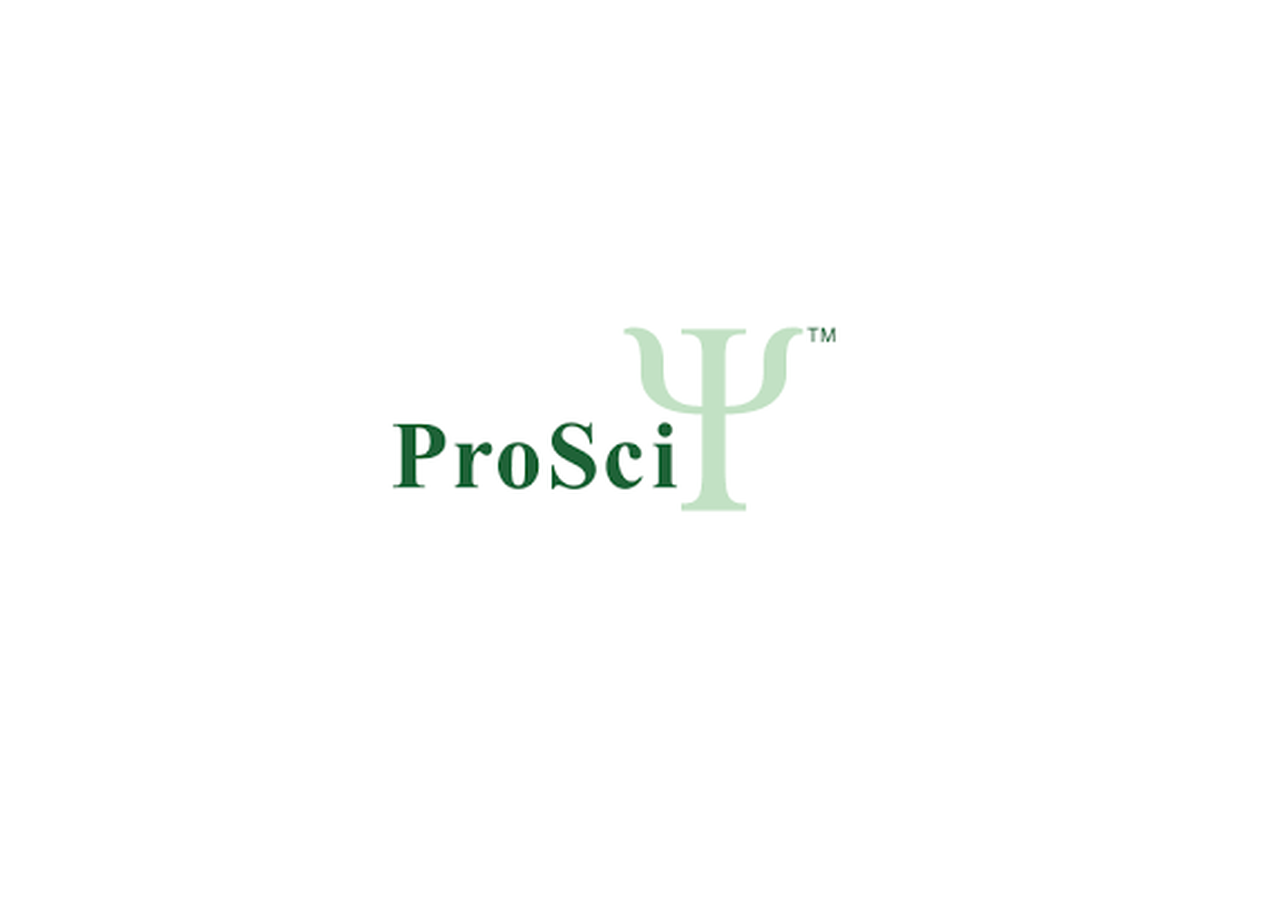
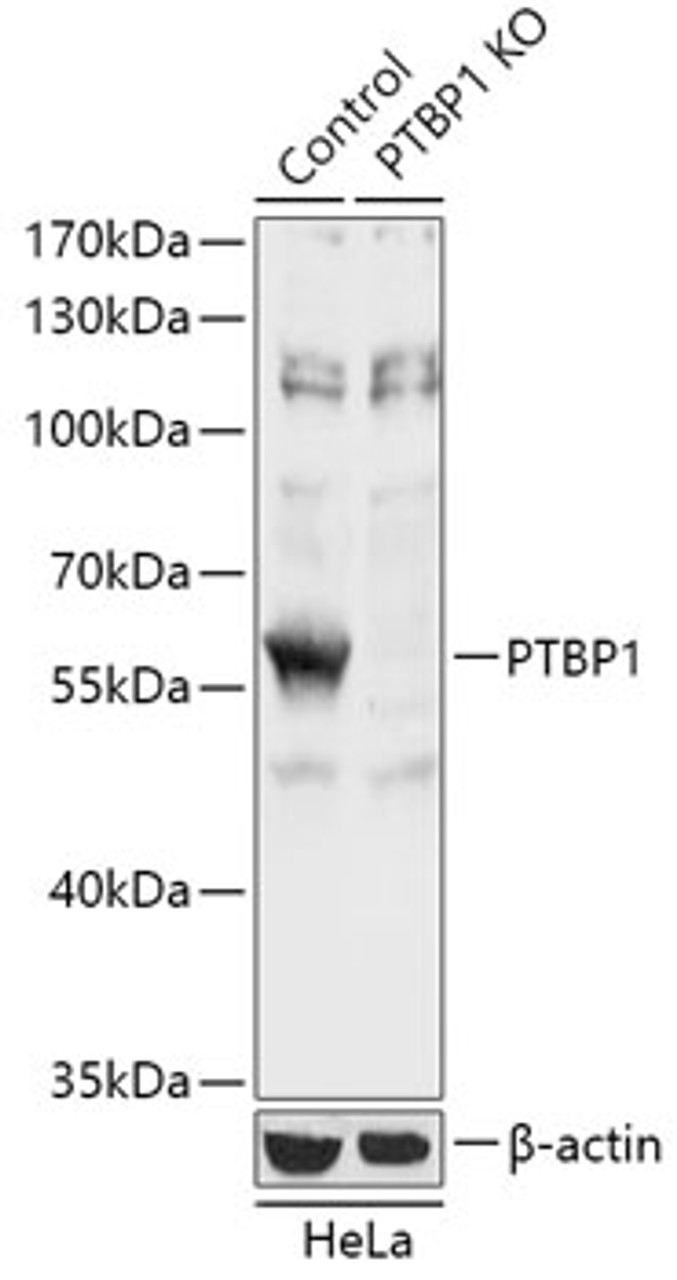



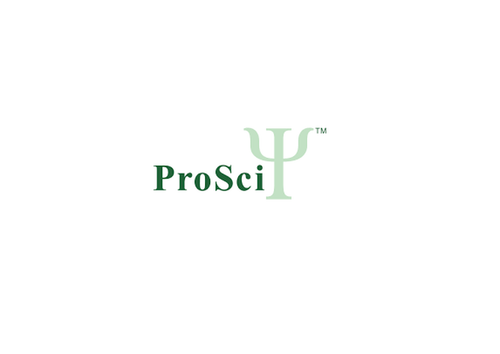
![[KO Validated] PTBP1 Polyclonal Antibody [KO Validated] PTBP1 Polyclonal Antibody](https://cdn11.bigcommerce.com/s-452hpg8iuh/images/stencil/500x659/products/295482/455619/sab-signalway-antibody__92073.1641690747__79633.1641691415.gif?c=2)
![[KO Validated] PTBP1 Polyclonal Antibody [KO Validated] PTBP1 Polyclonal Antibody](https://cdn11.bigcommerce.com/s-452hpg8iuh/images/stencil/500x659/products/605311/857339/enogene__70285.1648844242__63770.1649167208.png?c=2)
![[KO Validated] PTBP1 Polyclonal Antibody [KO Validated] PTBP1 Polyclonal Antibody](https://cdn11.bigcommerce.com/s-452hpg8iuh/images/stencil/500x659/products/605334/857362/enogene__70285.1648844242__52629.1649167221.png?c=2)
![[KO Validated] PTBP1 Polyclonal Antibody [KO Validated] PTBP1 Polyclonal Antibody](https://cdn11.bigcommerce.com/s-452hpg8iuh/images/stencil/500x659/products/295483/455620/sab-signalway-antibody__92073.1641690747__00079.1641691415.gif?c=2)
![[KO Validated] PTBP1 Rabbit pAb [KO Validated] PTBP1 Rabbit pAb](https://cdn11.bigcommerce.com/s-452hpg8iuh/images/stencil/500x659/products/396306/574779/unnamed-776x1024__91681.1646254488__92229.1646256048__61556.1646652373.png?c=2)

